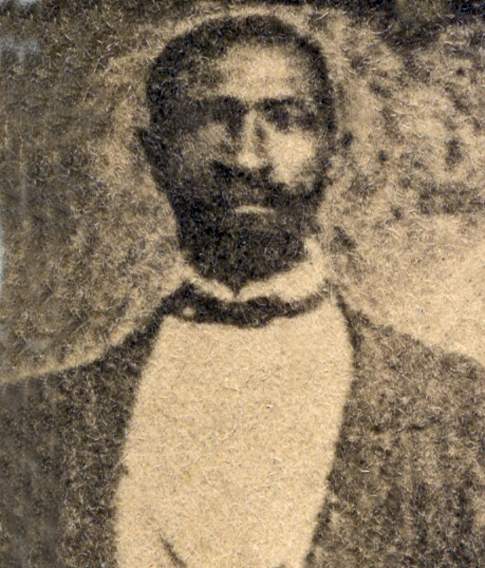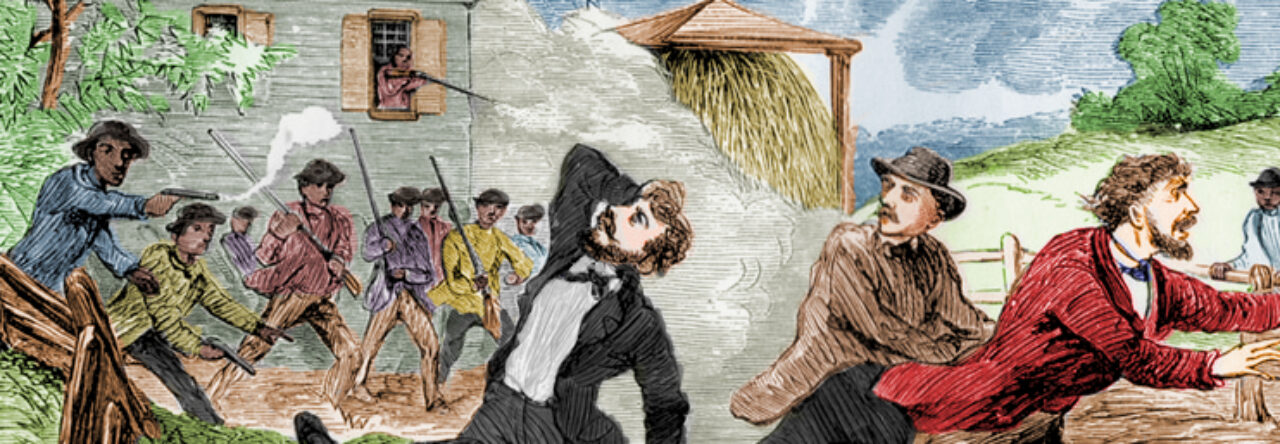Prince Rivers escapes slavery during the Civil War and rises to political prominence in Reconstruction South Carolina
Date(s): escaped 1862
Location(s): Port Royal, South Carolina
Outcome: Freedom
Summary:

Prince Rivers (House Divided Project)
An enslaved carriage driver in Port Royal, South Carolina, Prince Rivers was incredibly resourceful, learning how to read and write and even organizing a local mutual aid society for local African Americans. After Union forces occupied many of the islands around Port Royal, Rivers escaped and also liberated his wife and two children from another plantation. Rivers found work behind US Army lines, and eventually Gen. David Hunter provided Rivers and his family with documentary proof of their freedom on August 1, 1862. Rivers quickly established himself as an effective recruiter, giving speeches to urge other Black men into the US ranks. After the war, Rivers won a seat in the South Carolina legislature, served as mayor and leading judge in Hamburg, South Carolina, and as a major general in South Carolina’s National Guard. Rising white supremacist violence ultimately drove Rivers from South Carolina politics. The freedman eventually admitted to bribery (possibly under coercion) and left office in 1877. Rivers ended up driving carriages again to make a living, the same job he held while enslaved.
